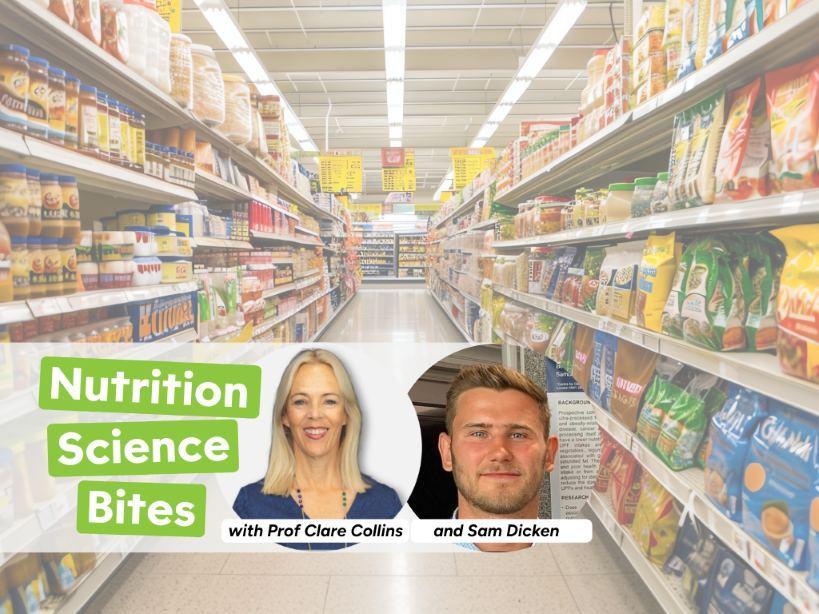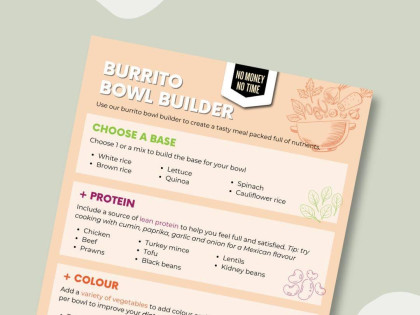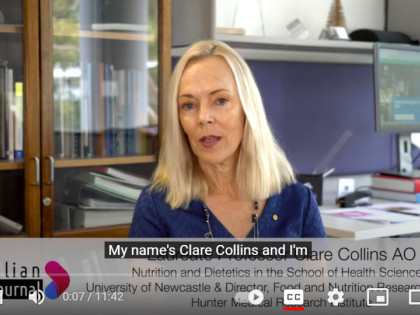In this conversation, Professor Clare Collins interviews Dr Samuel Dicken from University College London about ultra-processed foods, the definitions and results of his research study that compared what happened when people were fed only ultra-processed OR minimally processed diets for 8 weeks. Their discussion highlights how much ultra-processed foods people now usually eat, association with health issues, and the need for better research and practical guides to help people. Dr Dicken shares insights from his study, which showed significant differences in weight loss and health outcomes between the two dietary patterns, emphasising the importance of addressing the food system, food manufacturing, reformulation and strategies to help people eat healthily.
Link to Dr Dicken's research study here
More on ultra-processed foods: No Money No Time Ultra-Processed, Ultra-Common: What are Australians Eating?
Try Sam's Veggie Roast Dinner
To access the Healthy Eating Quiz: Go to our No Money No Time website and click on the top right hand 'green button' called 'How healthy is my diet'
Want a more Personalised Food, Nutrient Assessment Report? Use our Australian Eating Survey - For a 50% discount enter the 'DietCheck' code at the checkout! Purchase here
Here's the link to the NMNT closed Facebook group (be sure to take the Healthy Eating Quiz first)
Our No Money No Time email: nmnt@newcastle.edu.au and our Nutrition Science Bites email: nutritionsciencebites@newcastle.edu.au
Are you in a position to make donation to support our No Money No Time website? Donate here













